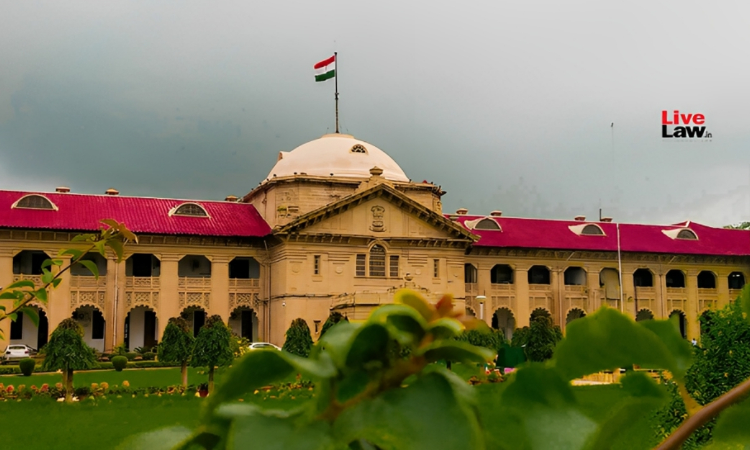Malfeasance And Fraudulence Necessary For Piercing Corporate Veil For Tax Recovery: Allahabad High Court
Upasna Agrawal
13 July 2023 7:10 PM IST

Next Story
13 July 2023 7:10 PM IST
The Allahabad High Court has held that since there was no specific finding with respect to any fraud, malfeasance or personal gain against the directors, the corporate veil could not be pierced to recover tax dues of the company from its directors. A bench comprising of Justices Saumitra Dayal Singh and Vinod Diwakar held “Therefore, both generally (by way of a principle of law and also in...
